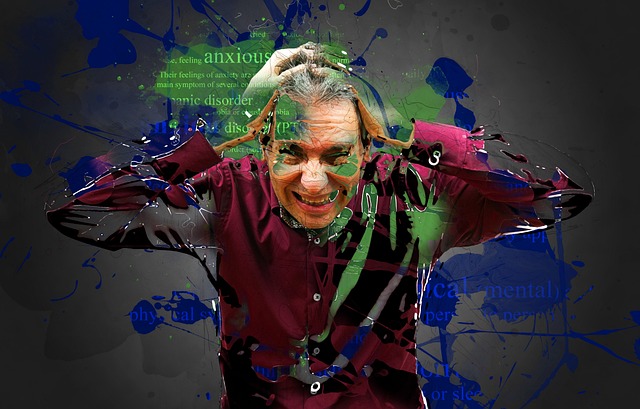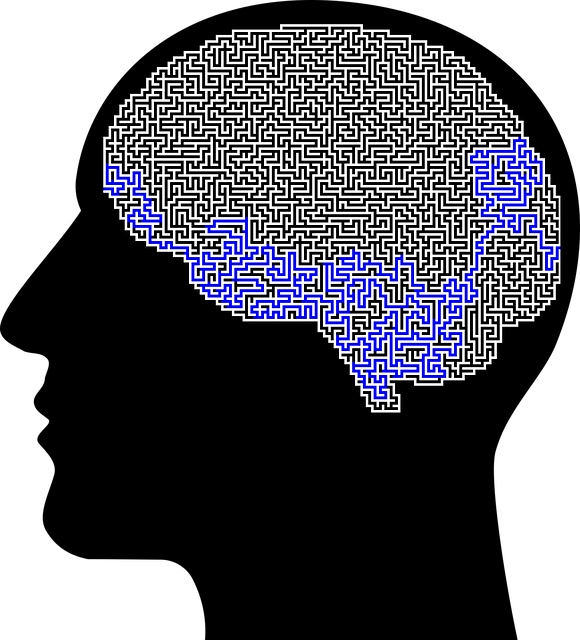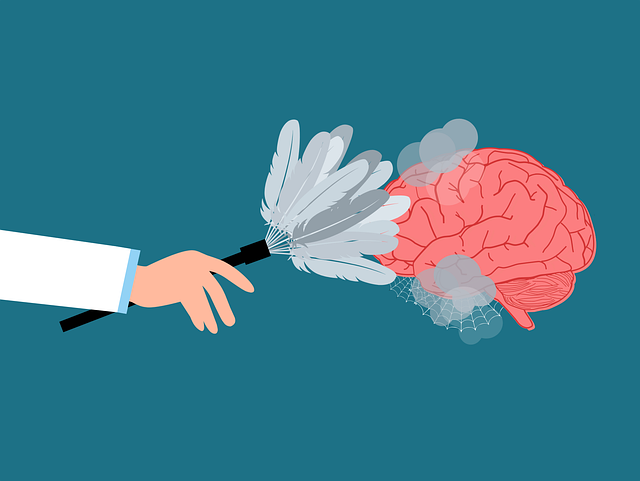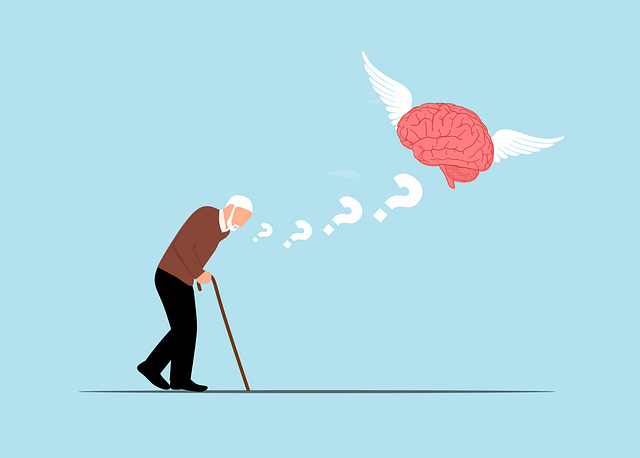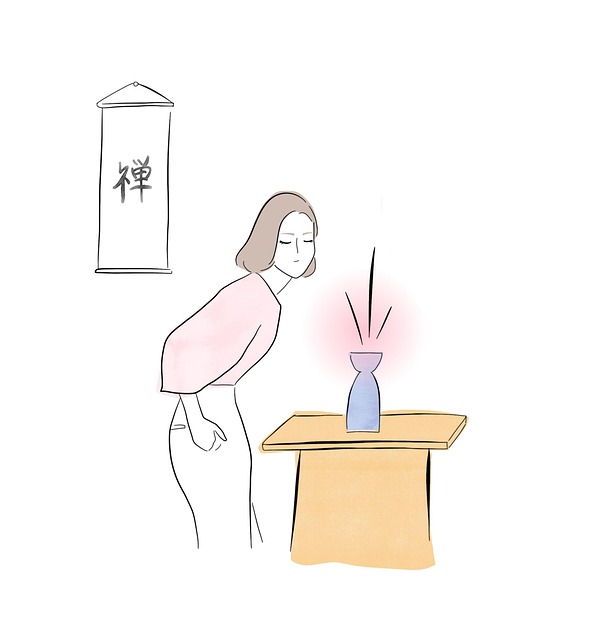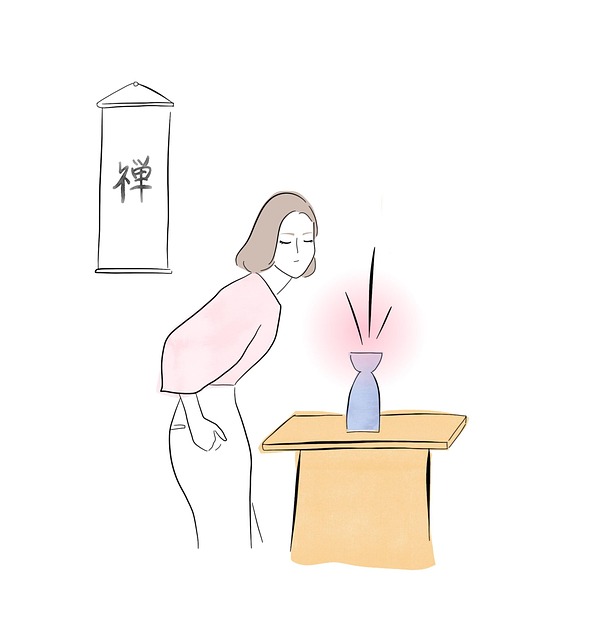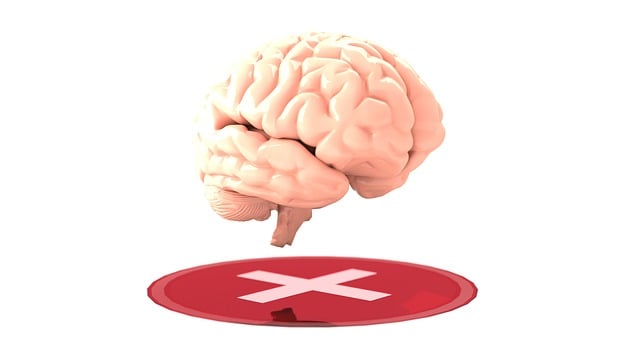The diagnosis of mental illness in children is challenging due to developmental differences and ambiguous symptoms. While traditional methods rely heavily on self-report, innovative approaches like Somatic Experiencing (SET) focus on the mind-body connection. SET integrates trauma support and sensory-based interventions, enhancing emotional regulation and resilience. This holistic therapy addresses the high rate of misdiagnosis in young children (up to 30%) and offers a promising solution for accurate, effective treatment using natural healing mechanisms.
Mental illness diagnosis accuracy is a critical concern, especially in children where early intervention can significantly impact long-term outcomes. This article explores the current state of mental health assessment in young individuals, highlighting challenges and alarmingly high misdiagnosis rates. We introduce Somatic Experiencing Therapy (SET), an innovative approach tailored for children, focusing on the body-mind connection. By integrating SET with conventional methods, healthcare professionals can enhance diagnosis accuracy. Through case studies, we demonstrate its effectiveness and discuss the potential for improving mental illness diagnosis and treatment for young patients.
- The Current State of Mental Illness Diagnosis in Children
- – Exploring the challenges and limitations of current diagnostic methods
- – Statistics on misdiagnosis rates and impact on young children
- Introducing Somatic Experiencing Therapy (SET) for Young Children
The Current State of Mental Illness Diagnosis in Children

The current state of mental illness diagnosis in children presents a complex landscape filled with challenges and opportunities. While advancements in therapy for young children, such as Somatic Experiencing, have shown promise in treating conditions like anxiety and trauma, accurate diagnosis remains an intricate process. Many factors contribute to this complexity, including the developmental differences between adults and children, which can make symptoms ambiguous. Furthermore, the vast spectrum of mental health issues and their often-vague presentations create a daunting task for healthcare professionals.
Currently, diagnostic methods heavily rely on self-report and parental insights, supplemented by standardized questionnaires. However, these tools may not always capture the nuanced experiences of young individuals, leading to potential misdiagnoses or delayed treatment. To enhance diagnosis accuracy, there’s a growing emphasis on integrating self-care routine development for better mental health alongside conflict resolution techniques. Boosting confidence in both children and their caregivers can facilitate open communication, enabling professionals to gain deeper insights into symptoms and provide more effective interventions.
– Exploring the challenges and limitations of current diagnostic methods

The current diagnostic methods for mental illness often face significant challenges, especially when it comes to young children. Traditional approaches heavily rely on self-reporting and standardized questionnaires, which can be limited in their ability to capture nuanced symptoms, particularly in younger populations who may lack the cognitive or verbal skills to articulate their experiences effectively. For instance, Therapy for Young Children focusing on somatics, such as Somatic Experiencing, emphasizes the body’s physical responses to trauma, suggesting that traditional talk therapy might not fully address the complex interplay between mental and somatic experiences.
Furthermore, the subjectivity involved in diagnosis can lead to inconsistencies among professionals. The way an individual expresses their feelings or describes their experiences can vary greatly, making it difficult to establish clear-cut criteria. Incorporating innovative approaches like Mind Over Matter principles that emphasize positive thinking and burnout prevention strategies could enhance diagnostic accuracy by providing a more holistic understanding of mental health. These methods encourage individuals to explore their thoughts, emotions, and bodily sensations in a non-judgmental space, potentially revealing underlying issues that might be missed through conventional means.
– Statistics on misdiagnosis rates and impact on young children

Mental health misdiagnosis among young children is a significant concern, with studies indicating high rates of incorrect initial assessments. A recent survey revealed that nearly 30% of pediatric cases were misdiagnosed, leading to delayed access to appropriate therapy for young children. This issue has profound implications as early childhood experiences shape a child’s emotional well-being promotion techniques and set the foundation for their future mental health.
Somatic experiencing, an evidence-based therapy, offers a promising approach to combat this challenge. By focusing on the body’s physical responses to trauma or stress, it provides unique communication strategies that can enhance self-care routine development for better mental health in young individuals. This holistic method encourages children to connect with their bodies, fostering a deeper understanding of their emotions and promoting healthier coping mechanisms.
Introducing Somatic Experiencing Therapy (SET) for Young Children

Introducing Somatic Experiencing Therapy (SET) for Young Children: A Promising Approach to Mental Illness Diagnosis and Treatment
In recent years, there has been a growing recognition of the importance of holistic approaches in addressing mental health issues, especially among young children. Somatic Experiencing Therapy (SET) stands out as a game-changer in this domain. This therapy focuses on the mind-body connection, providing an innovative way to understand and treat trauma and mental wellness challenges in pediatric populations. By integrating trauma support services within its framework, SET offers a unique perspective that goes beyond traditional talk therapy.
The integration of SET into mental wellness podcast series production can be a powerful tool for burnout prevention among young minds. Through sensory-based interventions, children learn to regulate their emotional responses and develop resilience. This approach is particularly beneficial in navigating the complexities of childhood trauma, enabling professionals to deliver effective care that resonates with the child’s natural healing mechanisms.
Mental illness diagnosis accuracy is a critical aspect of pediatric healthcare, and efforts to enhance it are imperative. The current state of diagnostics reveals concerning misdiagnosis rates, underscoring the need for innovative approaches. Somatic Experiencing Therapy (SET) offers a promising avenue by addressing the mind-body connection, providing a nuanced perspective on childhood mental health. By integrating SET into traditional diagnostic practices, we can improve accuracy and ultimately foster better outcomes for young children struggling with mental illness.


